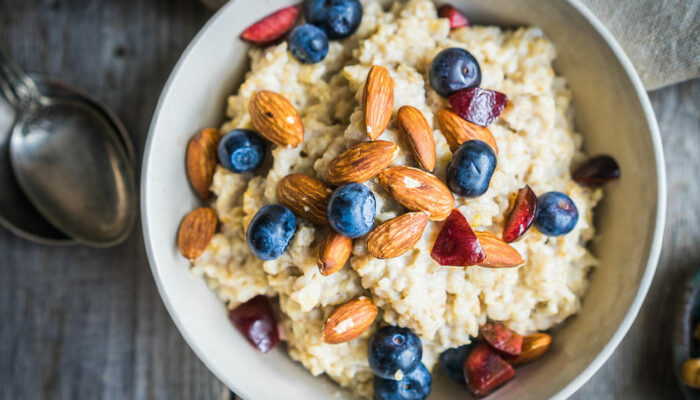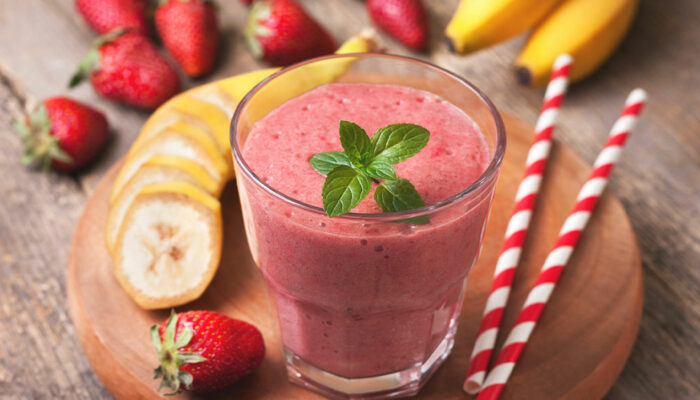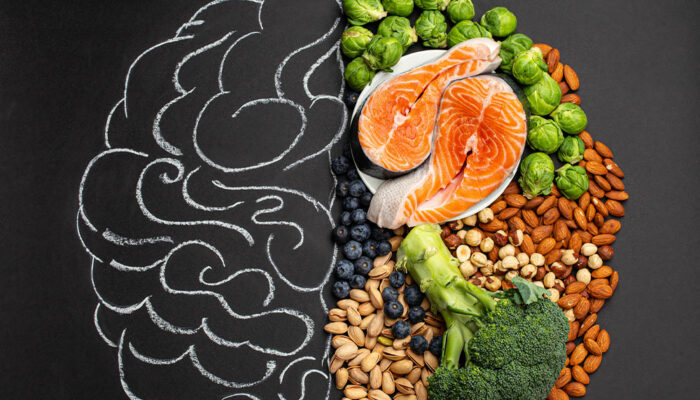
health
5 cities with most asthma related emergencies
If you are an asthma patient, exposure to environmental triggers can lead to severe breathing problems. Being inadvertently exposed to these triggers for long periods can result in aggravated symptoms compromising your quality of life. Statistics suggest more than 26 million people in the country live with asthma. And if you are one of these people, you know how much the environment of the city you live in contributes to your daily life and health. Louisville, Kentucky Louisville is one of the cities in the country with the biggest red flag for people with asthma. It is also ranked high on the list of cities in the use of treatment for long-term asthma control and management. Philadelphia, Pennsylvania Philadelphia is ranked 11th on the list of cities prevalent in asthma. It also ranks high on the list of places with a substantial number of asthma-related deaths. Philadelphia also is home to a greater amount of the population that is struggling to make ends meet. This directly or indirectly impacts the patient’s ability to seek treatment for their asthma and is a cause of poor lifestyle. Dayton, Ohio Dayton, Ohio, is ranked one of the worst cities for asthma patients. It is largely believed that the entire midwestern belt of the country is unhealthy for people with asthma to live in.
Read More 








